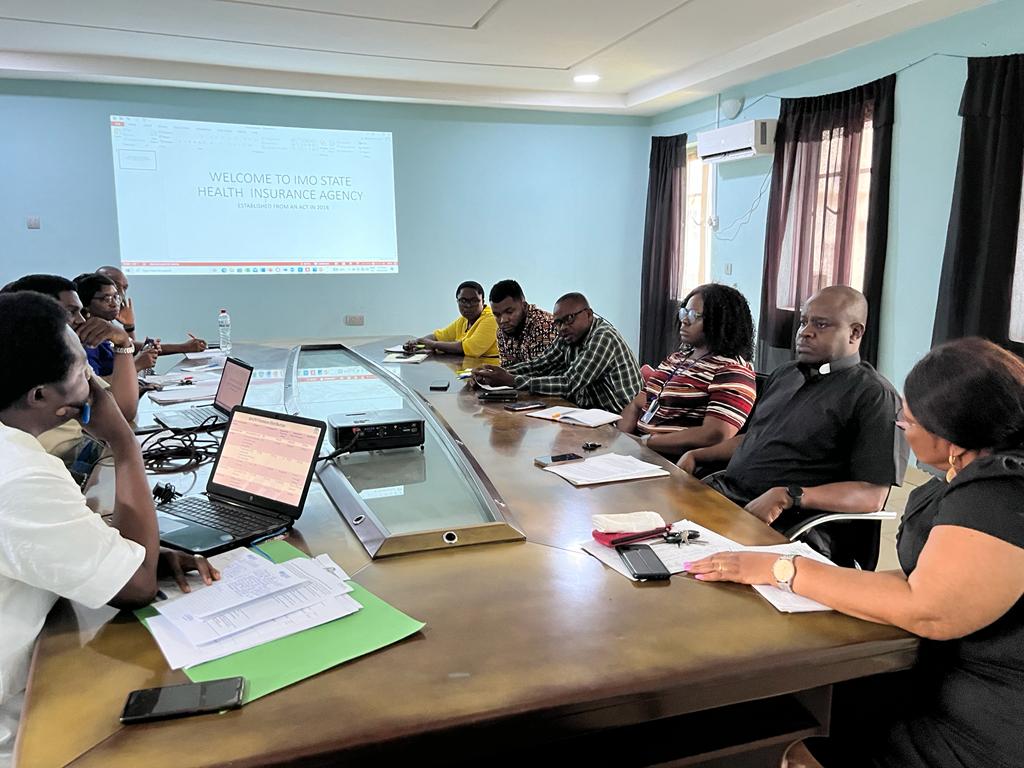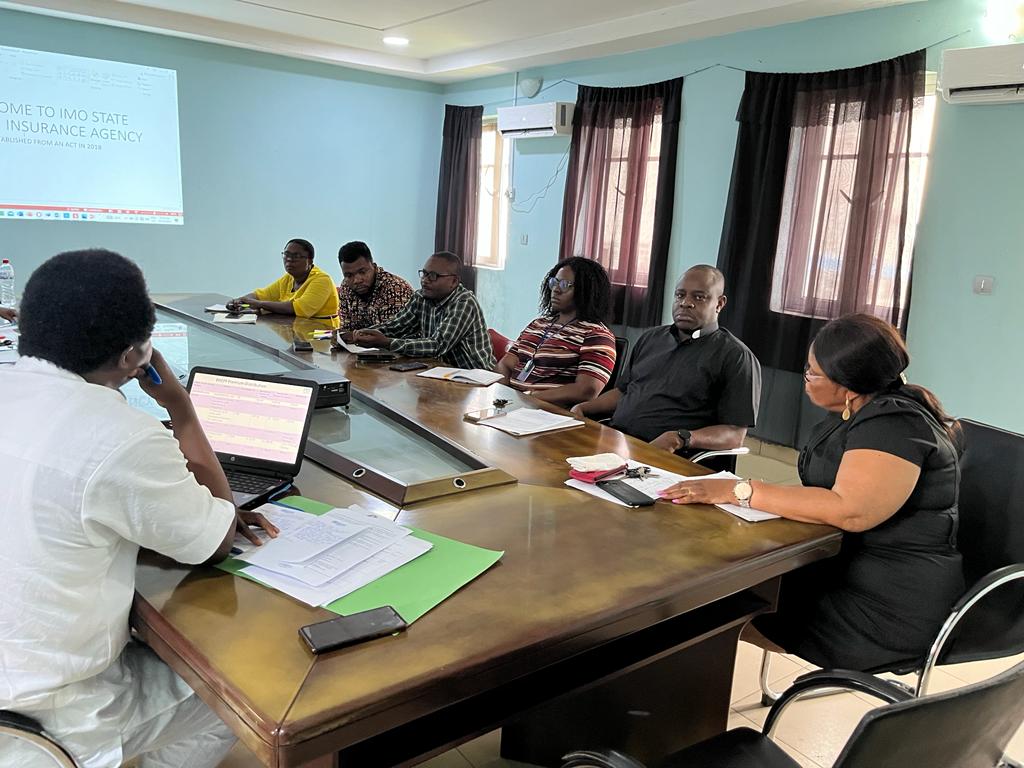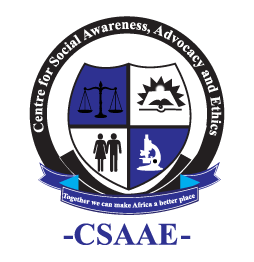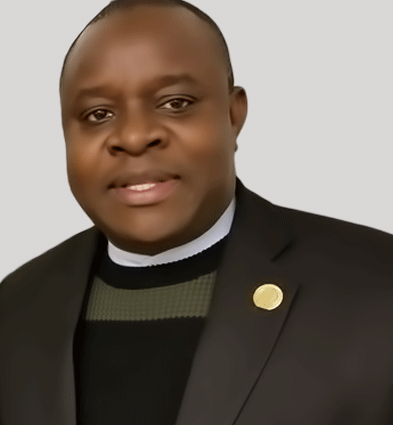Health insurance is a system for the financing of medical expenses utilizing contributions or taxes paid into a common fund to pay for all or part of health services specified in an insurance policy or the law. The key elements common to most health insurance plans are advance payment of premiums or taxes, pooling of funds, and eligibility for benefits based on contributions or employment.
In Nigeria, Healthcare is funded by government budgetary allocation using general tax revenue and supported by donor funding, a social insurance scheme known as the Formal Sector Social Health Insurance Programme (FSSHIP), and private funding. Nigeria has only 3% of the total population under health insurance coverage (Paul Adepoju, 2022).
According to the modish national health insurance authority act, 2022, Section 14, subsection 2; all employers with more than five staff and above, shall be mandated under the provision of the act, to provide health insurance coverage for their employees. The key factors that have been said to be general knowledge that contributes to the failure of the NHIS are;
1. Poor funding from the government
2. Lack of necessary legal framework for enforcement
3. The health insurance scheme is seen as fraudulent and an agency that lacks transparency and accountability.
But are these now in the past? Has the situation changed?
In May 2022, President Muhammadu Buhari signed into law the National Health Insurance Authority Bill 2022, the new bill repeals the National Health Insurance Scheme (NHIS) Act which has been in existence since 2004. The new law signed by President Buhari covers a large variety of areas, Ranging from vulnerable groups, Funds for specialized treatments like (Cancer, which is very expensive and has seen a lot of families sell properties and go bankrupt), and Cooperation between the federal and state government.
A national poll carried out by NOIPOLLS shows that 8 out of 10 persons do not have health insurance. Paltry of the reason is a widespread bias of the NHIS running a scam. The few persons enrolled in the scheme complain of inadequate service delivery, recollecting the scheme fails to cover key treatments for serious ailments.
The new laws promise to change all these issues and fundamental matters. The federal government has equally shown commitment to enforcing the laws to their fullest.
Receiving these signals, of sanguinity and optimism, The Centre for Social, Awareness, Advocacy, and Ethics, (CSAAE), an organization which continues to envision a better society where all can find support and encouragement to work hard, live in dignity and feel proud to belong, has taken it as a point of call. Recognize that CSAAE has an entire program dedicated to Healthcare.


Csaae, in a meeting with the Imo state health insurance agency
A top delegation of the Centre for Social, Awareness, Advocacy, and Ethics convened with the newly appointed CEO of the Imo state Health Insurance Agency Dr. Ewelike, to discuss access to Health Insurance in Imo state and the modalities of the management of the Imo State Health Insurance Agency. Major discussions on the best ways the agency can Partner with CSAAE to create awareness and advocate for personage enrollment into the scheme.
Furthermore, the need to thrust the Imo state government to recognize the urgency and need to enforce this law to its fullest was also a key discussion point.
Written by;
Osunkwo Kingsley Uzoma
Fellow, Centre for Social, Awareness, Advocacy, and Ethics, (CSAAE).


